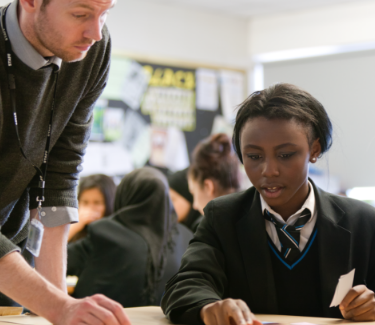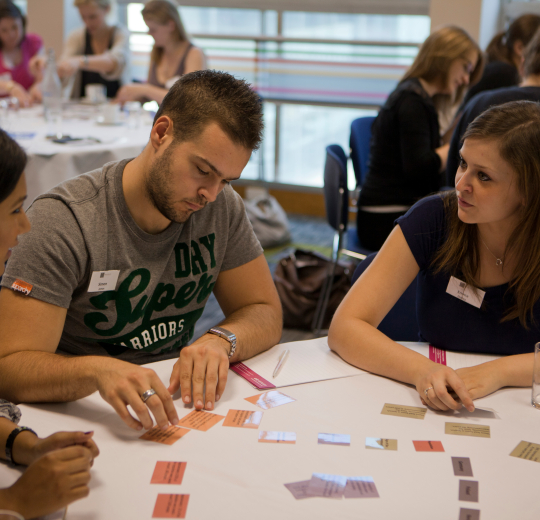Applications now open!
The Holocaust in the Curriculum
This engaging course is the only one of its kind in the UK – a fully funded, online Masters-level module designed for teachers who aspire to lead the way in teaching this complex and disturbing history.
The module has been recognised by the Chartered College of Teaching, the professional body for teachers. Colleagues who complete the module will now also be offered 10 credits towards Chartered Status.
Applicants who have previously attended one of the Centre’s CPD or ITE courses in Holocaust education and meet the other entry requirements for the module will be allocated a funded place (subject to availability).
Deadline: Friday 27th February



